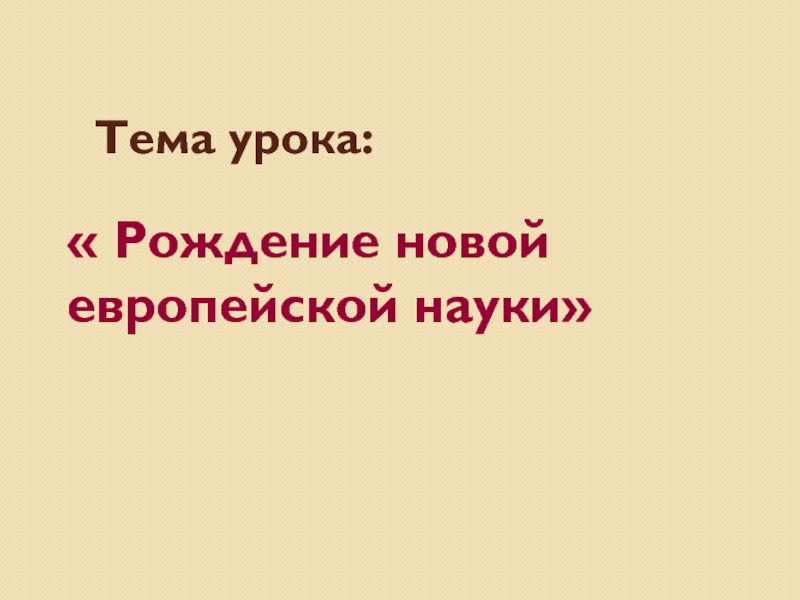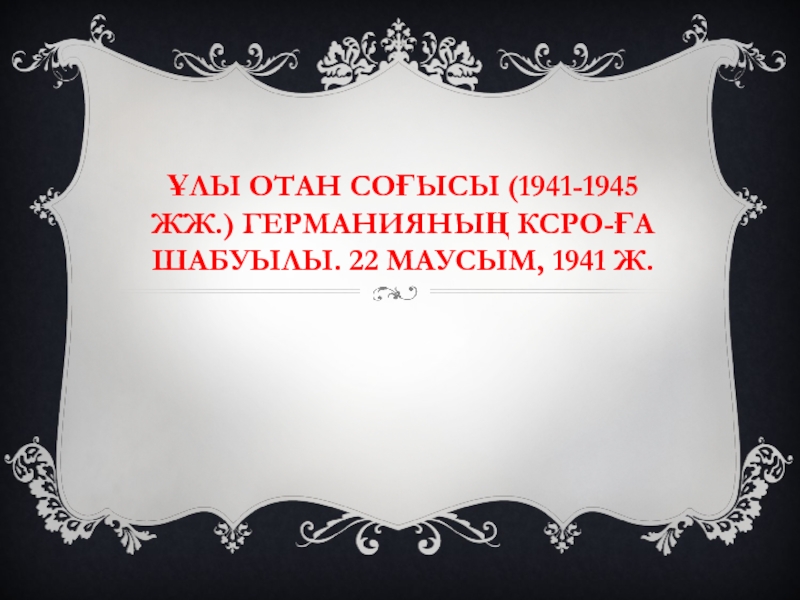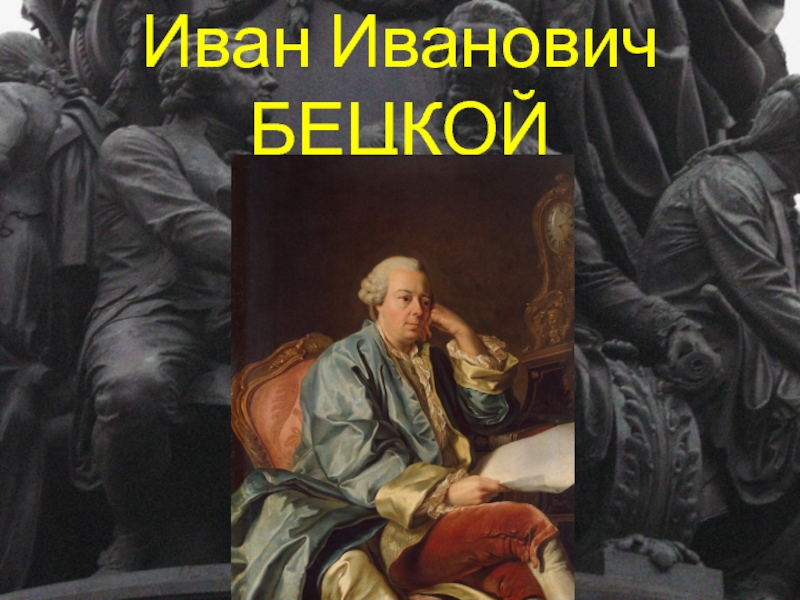- Главная
- Разное
- Дизайн
- Бизнес и предпринимательство
- Аналитика
- Образование
- Развлечения
- Красота и здоровье
- Финансы
- Государство
- Путешествия
- Спорт
- Недвижимость
- Армия
- Графика
- Культурология
- Еда и кулинария
- Лингвистика
- Английский язык
- Астрономия
- Алгебра
- Биология
- География
- Детские презентации
- Информатика
- История
- Литература
- Маркетинг
- Математика
- Медицина
- Менеджмент
- Музыка
- МХК
- Немецкий язык
- ОБЖ
- Обществознание
- Окружающий мир
- Педагогика
- Русский язык
- Технология
- Физика
- Философия
- Химия
- Шаблоны, картинки для презентаций
- Экология
- Экономика
- Юриспруденция
Britain’s prehistory презентация
Содержание
- 1. Britain’s prehistory
- 2. Plan The Celts The Romans The Anglo-Saxons
- 3. Mysterious Stonehenge 3000 B.C. – the Iberians
- 4. Early Britain. The Celtic tribes 6-3 century
- 5. The primitive communal system The Iberians –
- 6. The Roman conquest of Britain Class of
- 7. Roman influence in Britain Towns, splendid villas,
- 8. The Fall of the Roman Empire 3-4
- 9. Traces of the Roman Rule in Britain
- 10. The Anglo-Saxon Conquest of Britain In the
- 11. Thank you for your attention!
Слайд 3Mysterious Stonehenge
3000 B.C. – the Iberians
1900 – 1600 B.C.
8,5 meters high
7
tons
Kings were buried here
It was used for sun worship
A Temple or a Court of Justice
Kings were buried here
It was used for sun worship
A Temple or a Court of Justice
Слайд 4Early Britain. The Celtic tribes
6-3 century B.C. – the Iberians, the
Picts, the Scots and the Britons
Julius Caesar (Commentaries on the Gallic War)
Spears, swords, daggers, axes
War-chariots
Julius Caesar (Commentaries on the Gallic War)
Spears, swords, daggers, axes
War-chariots
Слайд 5The primitive communal system
The Iberians – stone tools
The Celts – metal
tools, bronze, copper, iron
No private property, no prisons, no courts
From primitive communal society – to class society
The elders, military leaders - tribal nobility
No private property, no prisons, no courts
From primitive communal society – to class society
The elders, military leaders - tribal nobility
Слайд 6The Roman conquest of Britain
Class of slaves and the class of
slave-owners
In 55 B.C. a Roman army invaded Britain, but had to retreat
In 54 B.C. Caesar again came to Britain
In 43 A.D. a Roman army invaded Britain and conquered the South-East
The Picts and the Scots burned their villages, drove of their cattle and sheep
“Hadrian’s Wall”
In 55 B.C. a Roman army invaded Britain, but had to retreat
In 54 B.C. Caesar again came to Britain
In 43 A.D. a Roman army invaded Britain and conquered the South-East
The Picts and the Scots burned their villages, drove of their cattle and sheep
“Hadrian’s Wall”
Слайд 7Roman influence in Britain
Towns, splendid villas, public baths
York, Glouster, Lincoln, London
Bath
– hot springs
Slavery
Had to build roads, bridges, walls
Slavery
Had to build roads, bridges, walls
Слайд 8The Fall of the Roman Empire
3-4 centuries - the Roman Empire
weakened
No new methods of land cultivation, no new technical inventions
4 century – Germanic tribes invaded the Western Roman Empire
The Roman legions were recalled from Britain
The end of slave-owning system
No new methods of land cultivation, no new technical inventions
4 century – Germanic tribes invaded the Western Roman Empire
The Roman legions were recalled from Britain
The end of slave-owning system
Слайд 9Traces of the Roman Rule in Britain
Wells, roads, Watling Street, walls,
baths, bridges
The fragments of the old London wall
Pottery, glass, tiles, statues, armour, coins
street – strata
Port – portus
Wall – vallum
Castra – camps (Chester, Winchester, Manchester, Leicester, Gloucester, Doncaster)
The fragments of the old London wall
Pottery, glass, tiles, statues, armour, coins
street – strata
Port – portus
Wall – vallum
Castra – camps (Chester, Winchester, Manchester, Leicester, Gloucester, Doncaster)
Слайд 10The Anglo-Saxon Conquest of Britain
In the 5th century – the Jutes,
the Saxons and the Angles
In 449 they landed in Kent and the conquest began
150 years - to conquer the country
7th century – they conquered the greater part of the country
the Jutes – Kent
The Saxons – Sussex, Wessex, Essex
The Angles – Northumbria, Mercia, East Anglia
In 449 they landed in Kent and the conquest began
150 years - to conquer the country
7th century – they conquered the greater part of the country
the Jutes – Kent
The Saxons – Sussex, Wessex, Essex
The Angles – Northumbria, Mercia, East Anglia
















